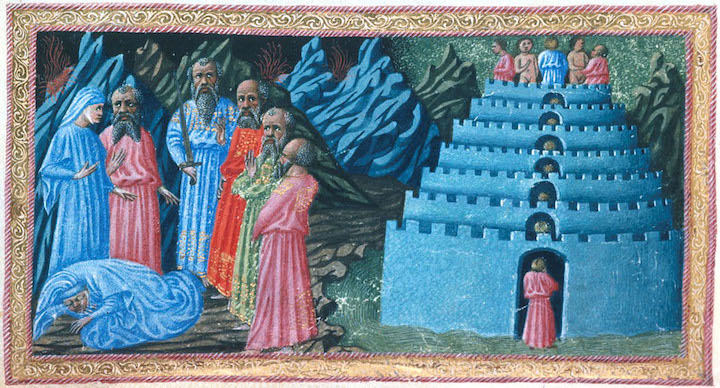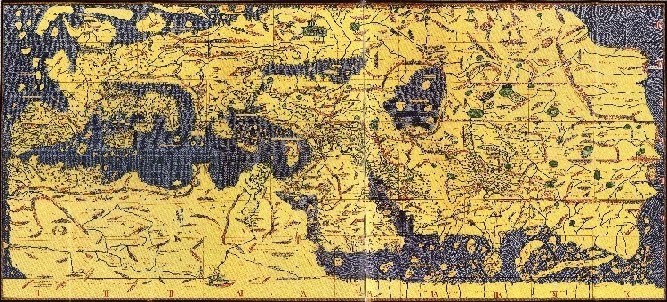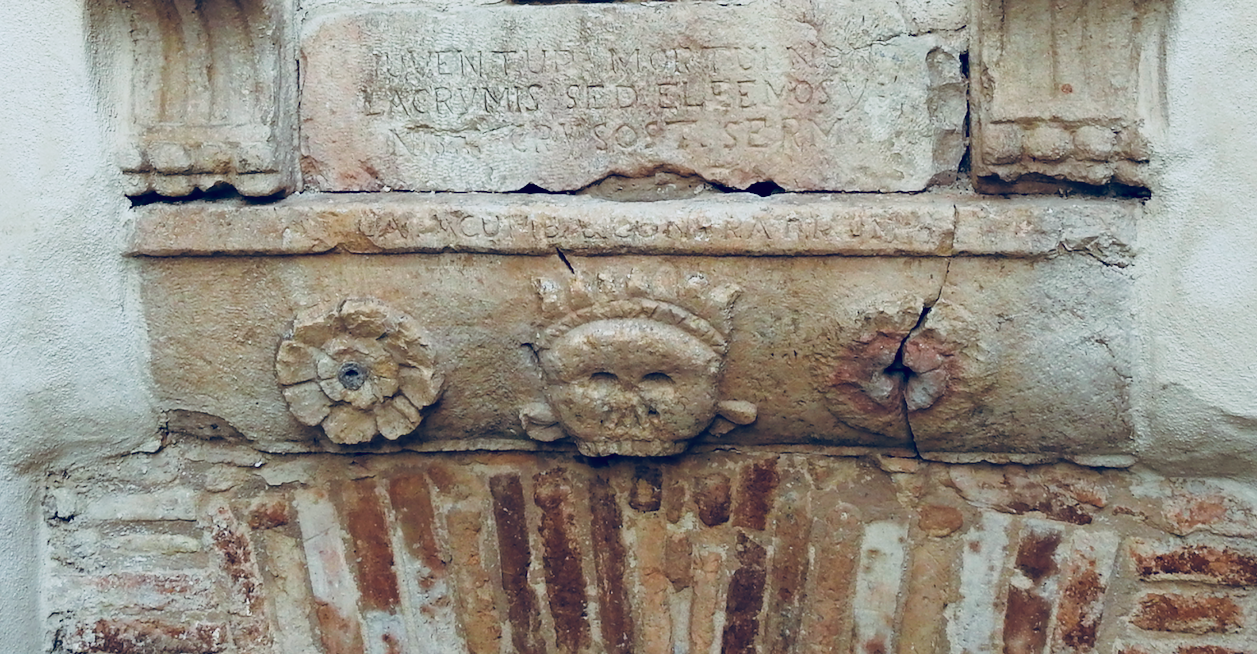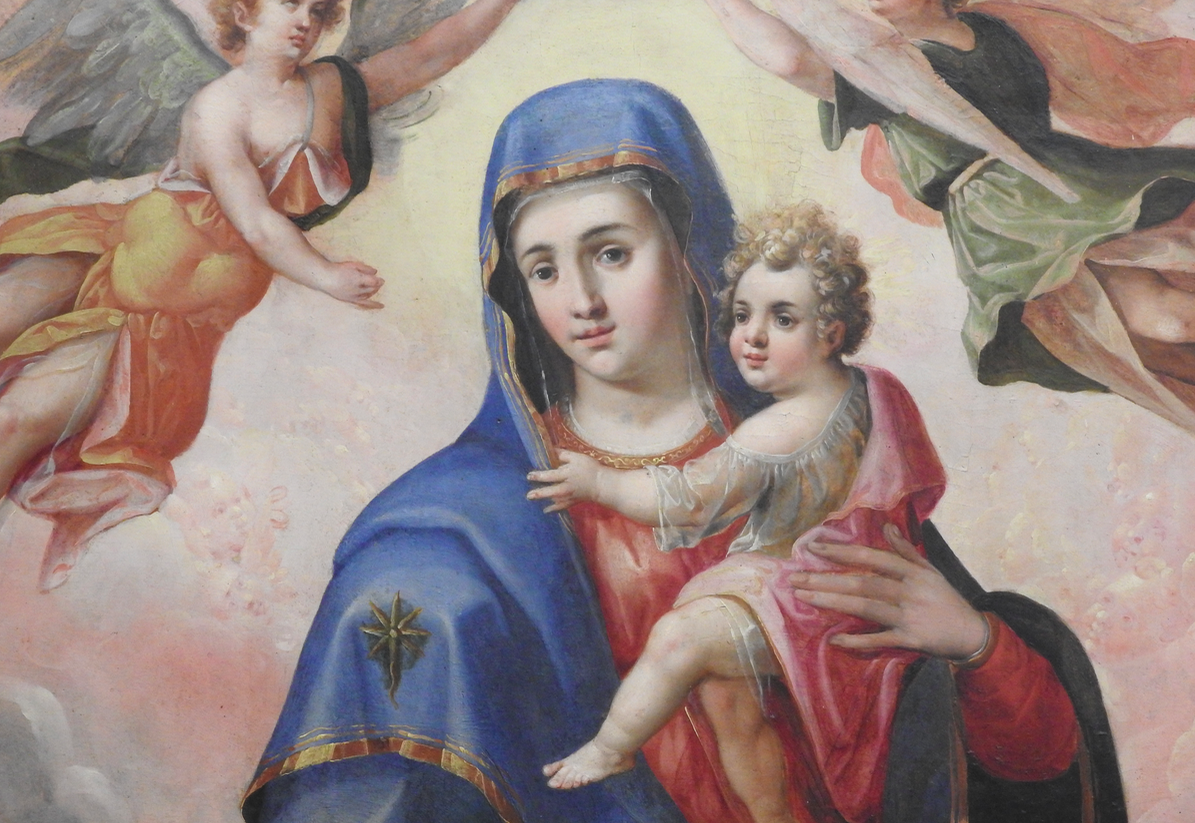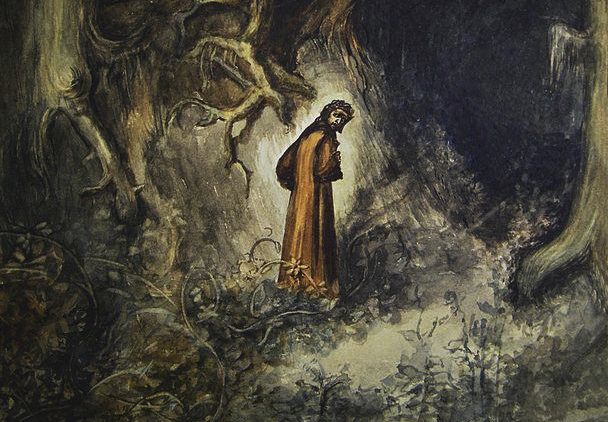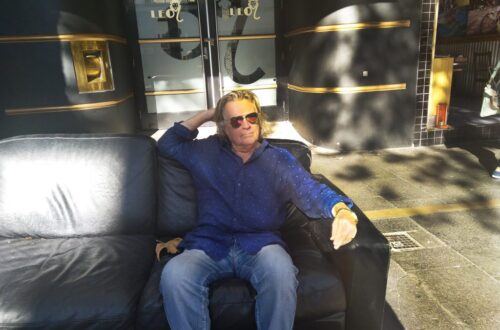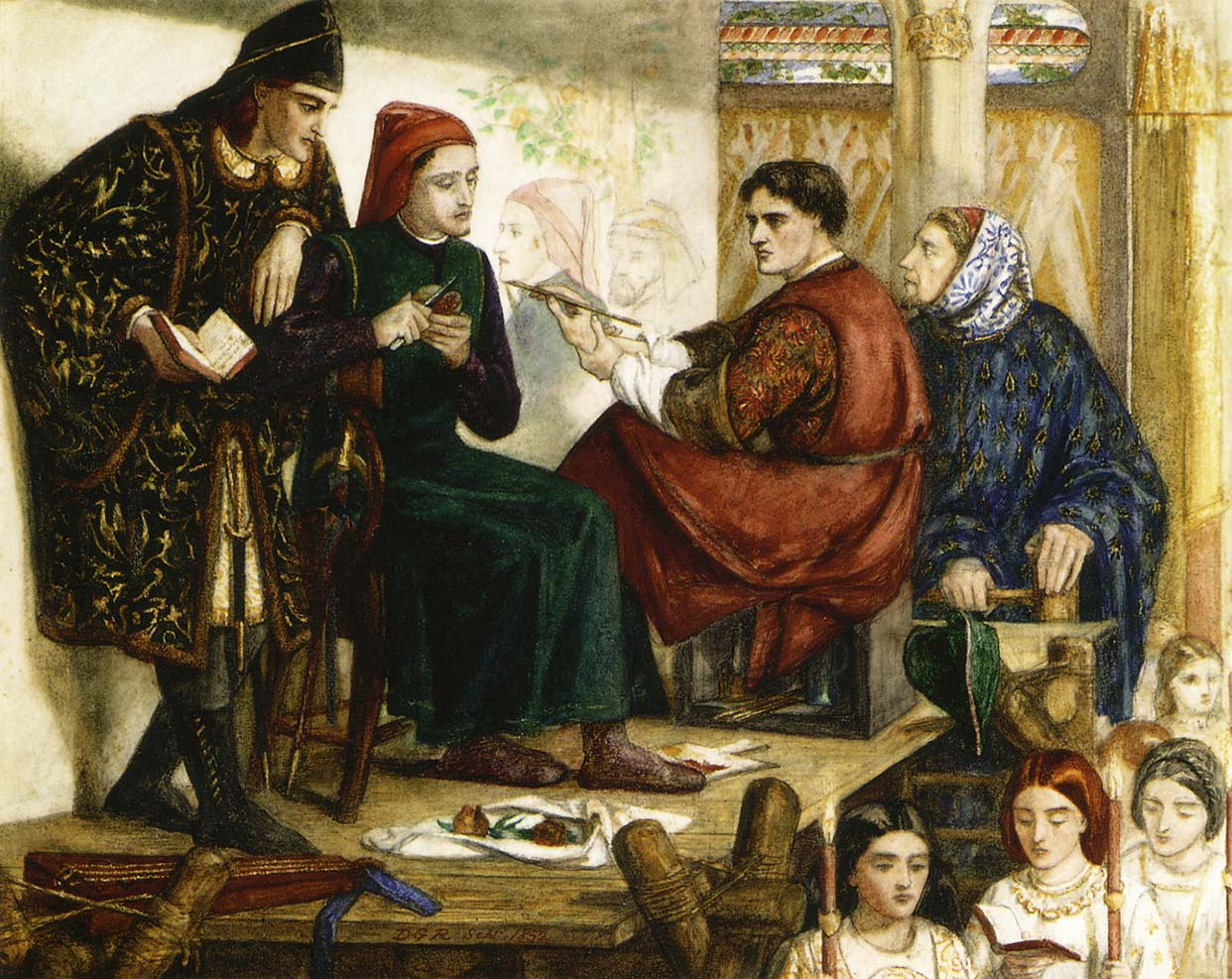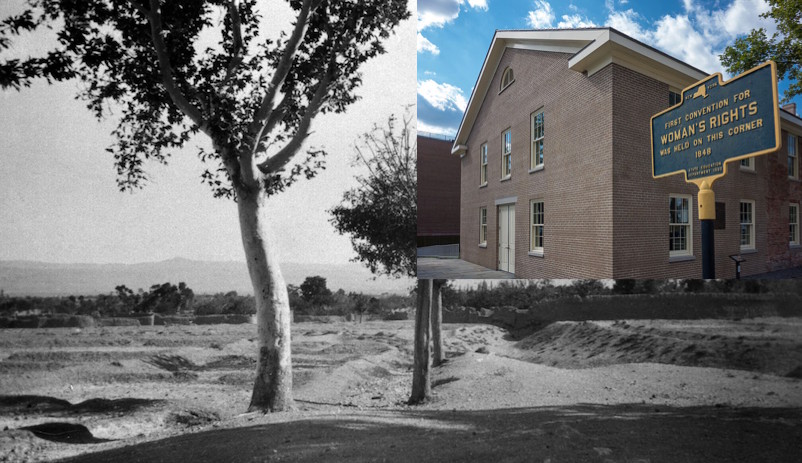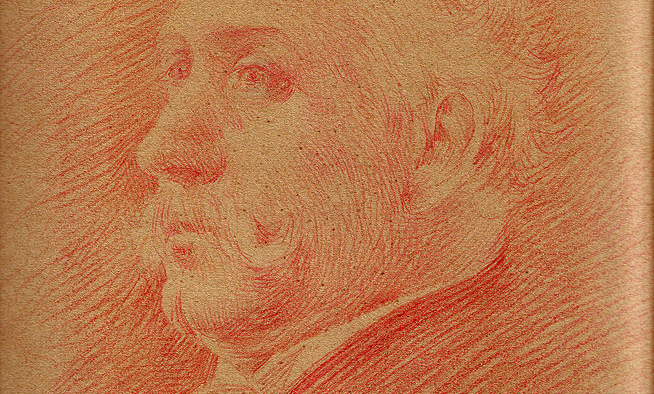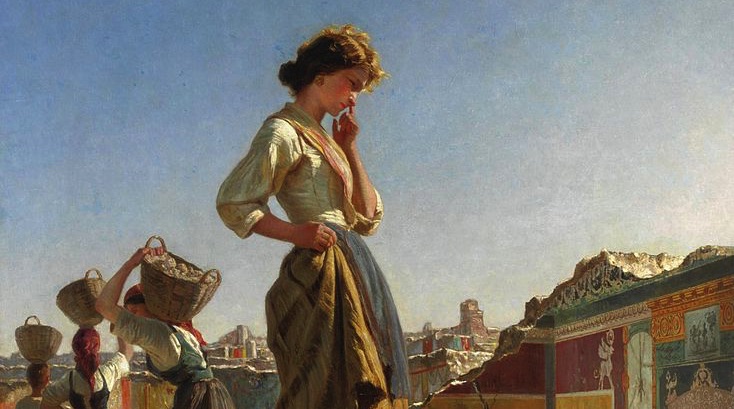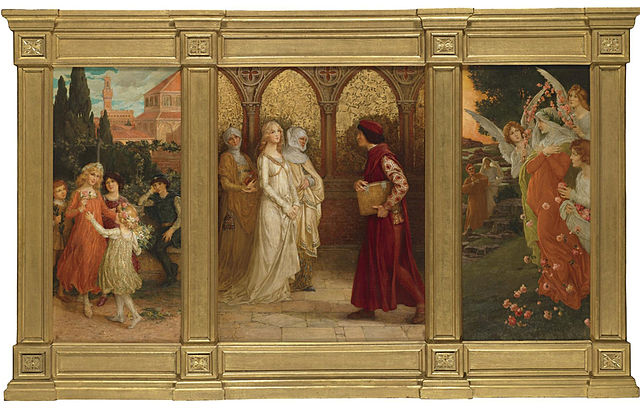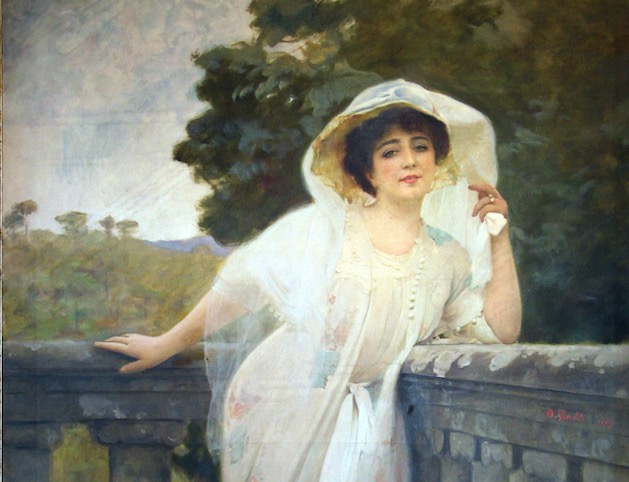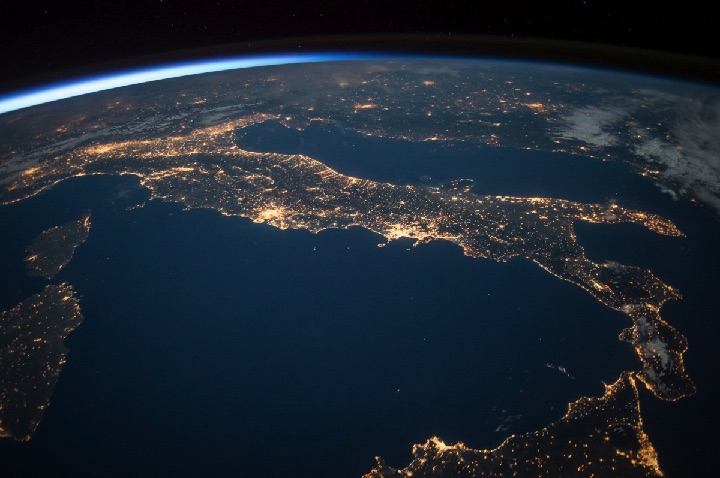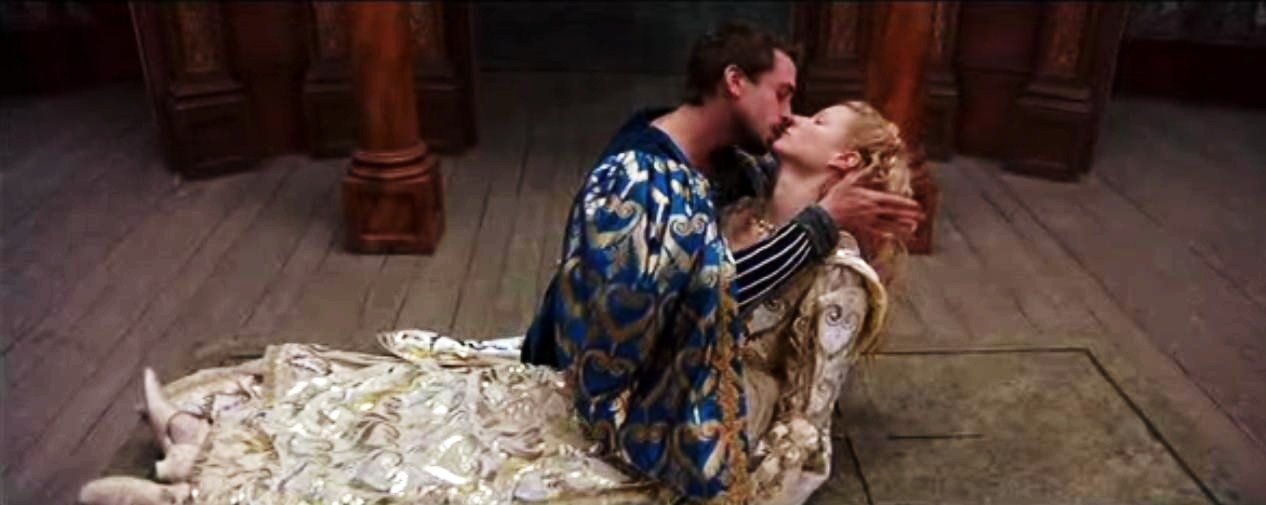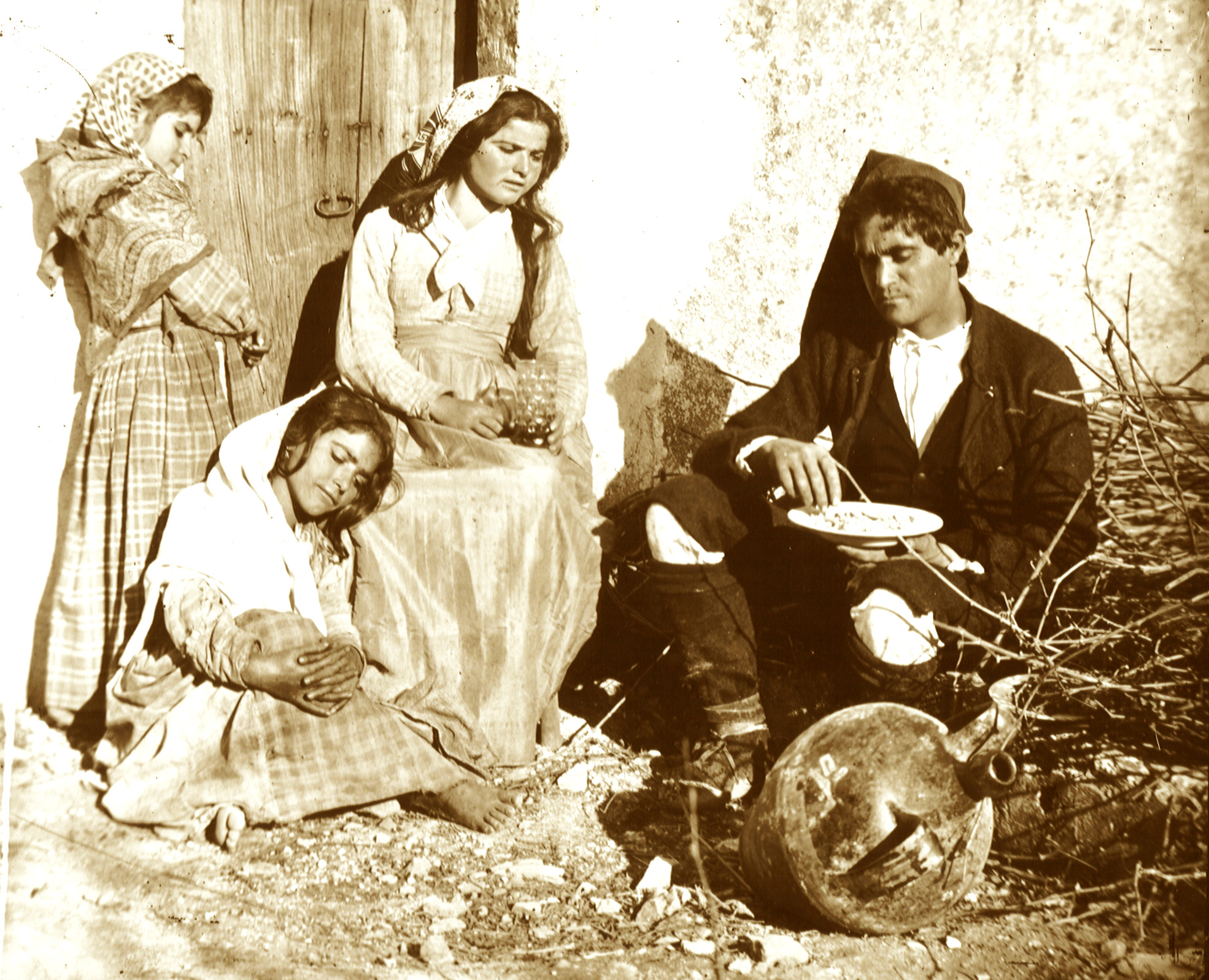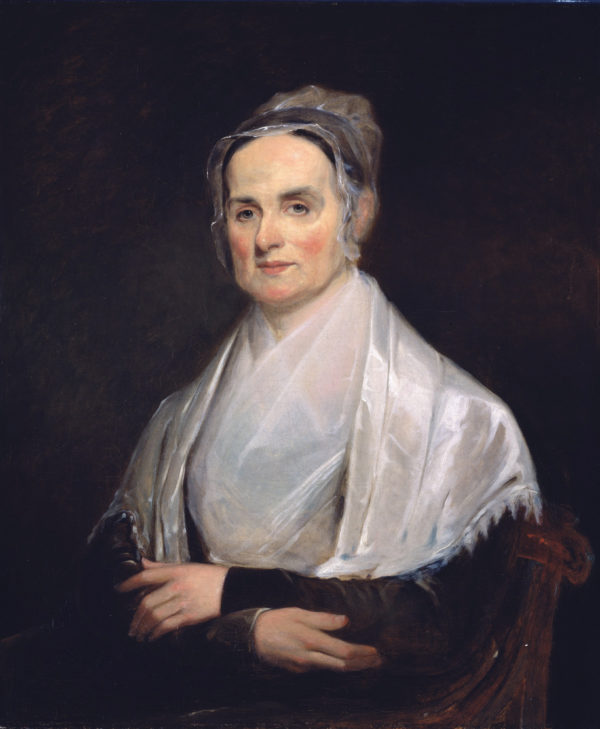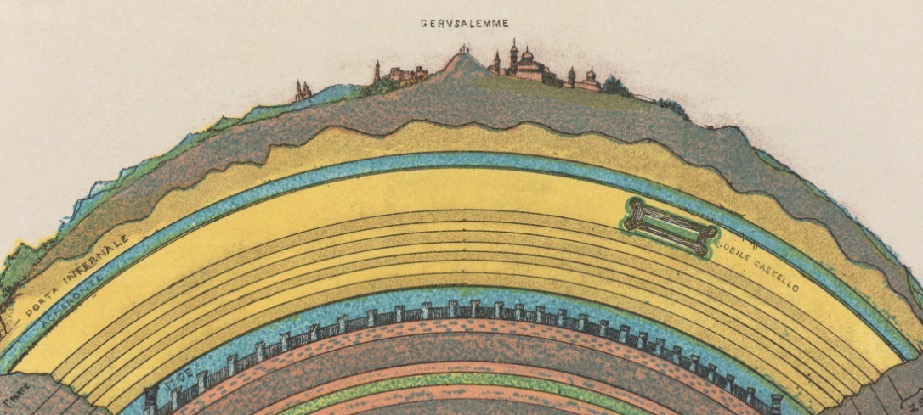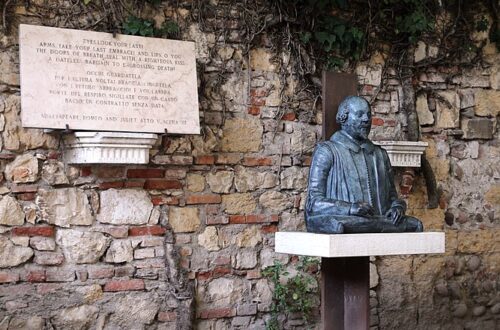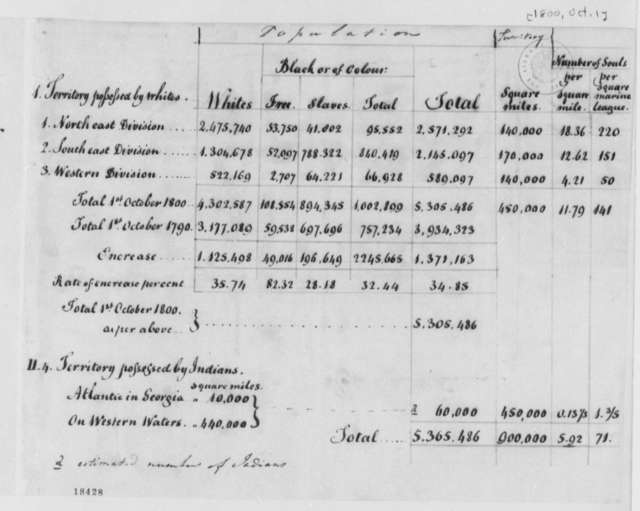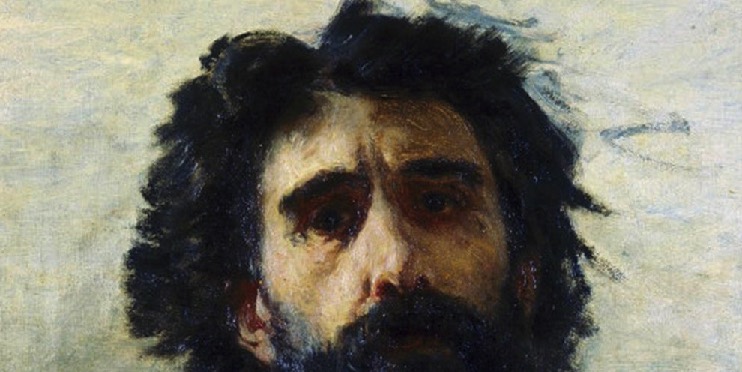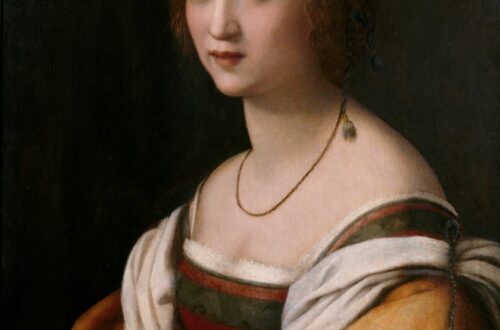-
The Lost Cities of Ancient Apulia – South-East Italy
When we read stories of ancient pre-Roman Italy, often the point of view we absorb is that of the Greek city-states of southern Italy, or of their later Roman neighbours. Virtually no written material except the Greek or Roman has survived the ancient period. This is despite writing having spread to their neighbours. To the extent that other peoples of ancient Italy appear in the written record, they do so as “decoration” in Roman and Greek centred stories. The peoples of Ancient Apulia are a case in point. The Greek and Romans often described the people around them as “tribal” and led by kings or chiefs. From the seventeenth to…
-
Lingering in Limbo: Dante’s Inferno
Limbo, it turns out, isn’t so bad, even if is found in the first level of Dante Alighieri’s hell. As Dante’s allegory of the journey of the soul continues, it will take him to a beautiful castle inhabited by the good and the great. Far from suffering the tortures of hell, although they can never leave, they are surrounded by meadows and hang out in erudite splendour. But before Dante gets there he has more adventures. Beatrice sends Virgil to the Rescue The ghost of Virgil, a long dead Roman poet, has shown up just in time to take on the job as Dante’s guide. But what’s in it for…
-
The Divine Comedy begins: Lost and on the Road to Hell
The Dante Alighieri of the Divine Comedy is lost. He needs help and is afraid. He doubts himself and often weeps at the human suffering or folly he will see on his journey. Will he be able to reach the end? He doesn’t know. It’s this kind of frail humanity of Dante’s poetry that still speaks to us across hundreds of years. Dante writes in the first person, and that’s part of his magic. We see the world through his eyes, as if we ourselves were sharing the journey. Indeed Dante says we are. Nel mezzo del cammin di nostra vita, the poem begins: In the middle of the journey…
-
Laura Terracina: For Who is Enemy to Woman
“How dare you raise hand, against so young and beautiful a vision?” With such words does Laura Terracina (1519 – 1577) defend her sex. Born in Naples, she was the most published poet of Italy’s sixteenth century and a feminist before the word “femminista” existed. She was part of a movement of italian Renaissance women writers whose existence is often overlooked in the historical record. So much were women absent from tellings of the Renaissance and so mixed their lived experience, that it caused Joan Kelly to famously ask “Did women have a Renaissance?” While the answer is complex, the Renaissance saw for the first time in Europe, substantial publication…
-
Women’s Work
Few of the millions who visit Pompeii every year would imagine that thousands of women laboured to clear the ancient streets on which they walk. Like other elements of Italian culture, ideas about “women’s work” have changed over time. The phrase of course brings to mind times when society pressured women to remain in the domestic sphere of the home. Yet even in the past, women could be found working outside the home as much as within it. The painting above by Filippo Palizzi shows women at work during the excavation of Pompeii. Palizzi was not the only painter to capture this theme. Below we see Eduard Sain’s painting of…
-
Who Am I to Speak to You of Italy?
Who am I to speak to you of Italy? Who, for more than 50 years have lived in silence, far beyond her shores. Yet, such words do not belong to me alone. “Italian Americans are invisible people.” Fred Gardaphé writes, “Not because people refuse to see them, but because, for the most part, they refuse to be seen.” Even here, across an ocean, truth resonates in his words. And as he knows, being forgotten has a price. A price paid with the coins of self-forgetting. “I am Italian.” “I am Australian,”, here statements irredeemably, eternally both true and false. Words which mock reason and defy solution. Yet in their mischievous…
-
Dante’s New Love Life: the Vita Nuova
The love poets of Dante’s day told everyone they were in love: but always kept the name of their beloved secret. Dante however, names Beatrice as his love. In telling us of her, he has made her immortal. Gemma di Manetto Donati, Dante’s actual wife, he never once mentions and she is virtually unknown. Before we jump to conclusions about what this might mean let us learn more about Dante’s love life. Vita Nuova Dante’s Vita Nuova (“New Life”), which is Dante’s best known work as an early poet, is all about “love”. Dante recounts for us a love story and he is the lover and Beatrice the beloved. Some…
-
Dante Alighieri Citizen of the World
Dante Alighieri says it plain: “to me, the world is one native country, like the sea is to fish“. Dante sees himself as a “citizen of the world”. He is, admittedly, a poet who is internationally celebrated. Nonetheless, we can find the discovery stunning. Dante is so closely paired with the Italian “brand”, that his observation seems out of place. It is natural to assume Dante would be concerned, in some sense, with the Italian national project. He is after all widely known as the “Father of Italian”. Yet it is not the case. Our tendency to assume that the past was much like the world today, is the nub…
-
Il Drago by Luigi Capuana Part 7: Ruminations of a Dragon
In this seventh instalment of Luigi Capuana’s Il Drago, in translation, we continue to follow the story of Don Paolo, Giovanna and Lisa and we learn Don Paolo’s fears. Il Drago Part 7: Ruminations of a Dragon by Luigi Capuana, translation Michael Curtotti He had put them to bed and then proceeded to bed himself, after first checking on the donkey. And (so that the children would not be exhausted) he had re-washed the pots and pans himself. But he could not sleep. In his mind he was before the judge; ruminating on what he would say to him. He spoke aloud, almost as if the judge stood before him;…

